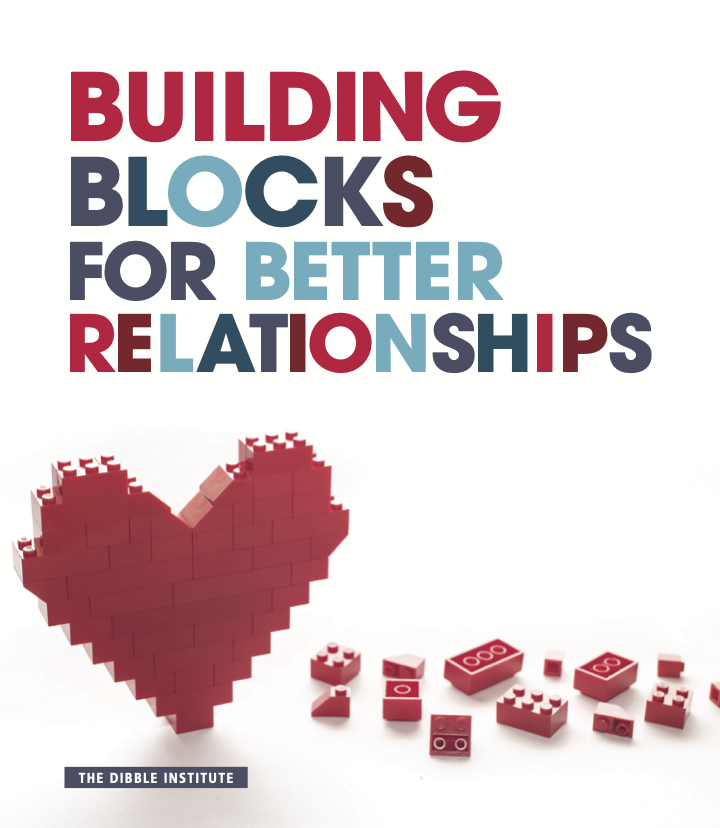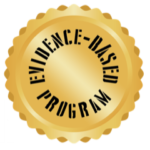
Program Length: 12 Lessons
Grade: Grades 7-12
Building Blocks for Better Relationships (BBBR) is a new program created just for Family and Consumer Sciences teachers in Oklahoma.
Comprised of two different units, BBBR responds to teens’ needs for foundational resiliency and communications skills and knowledge in order to build strong, healthy relationships in the future.
Unit 1 features 10 lessons from Mind Matters: Overcoming Adversity and Building Resilience.
Mind Matters teaches students skills and practices that cultivate healing and clear away distractions to learning and healthy relationships based on current research and neuroscience. The skills taught in Mind Matters are designed to be practiced over a lifetime.
Each lesson, based on Adverse Childhood Experiences (ACE) science, includes activities that increase hope and resilience.
The lessons address the following topics:
- Self-Soothing and Regulating Emotions
- Managing Stress Effectively
- Developing Empathy
- Creating a Code of Honor
- Building and Using a Support System
As students learn the skills and strategies in Mind Matters, they can begin to take charge of themselves and their responses to what life throws at them in a healthy way. Teens learn to address their physical, relational, and mental wellbeing needs.
Unit 2 features two communications lessons from Relationship Smarts PLUS
These two lessons teach a valuable set of research-based skills for helping young people communicate and manage conflict more effectively in all kinds of relationships—at work, school, with peers, family, and future romantic partners. The skills are adapted from one of the nation’s leading research-based programs, PREP, the Prevention and Relationship Enhancement Program.
The lessons address the following topics:
- Discover how communication and conflict management skills affect relationships.
- Build communications skills to protect relationships and counter negative patterns.
- Recognize that hidden issues often underlie ongoing arguments.
- Learn a simple problem-solving model.


